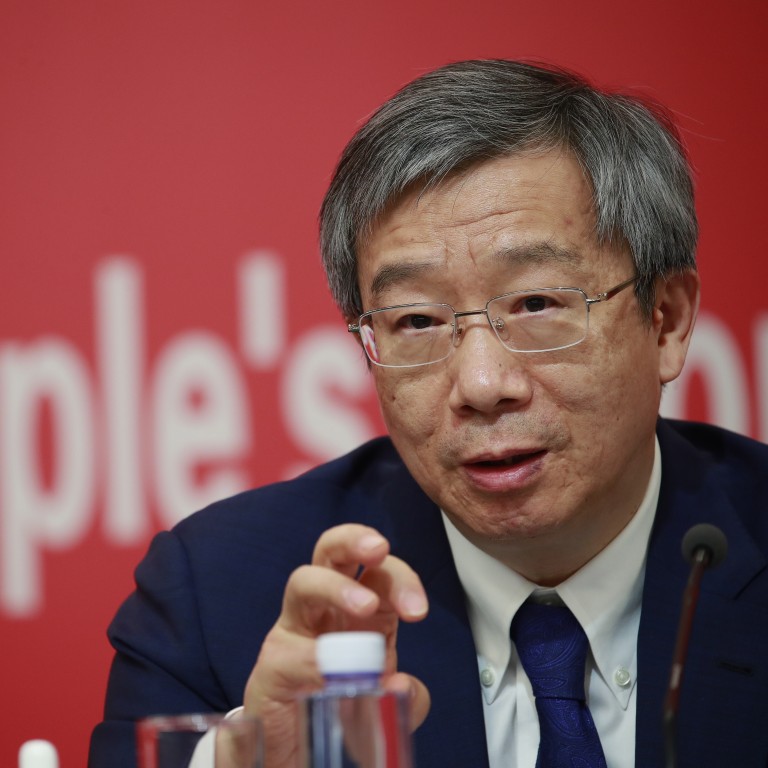
China willing to cooperate on digital financial rule making, central bank’s Yi Gang says
- Financial services should be conducted by licensed companies
- Technology firms offering financial services must adopt ‘same business, same rules’ approach
China is willing to participate in international rule making around the digitalisation of financial services to prevent anticompetitive behaviour and increase data protection for consumers, according to its top central banker.
“In the era of the digital economy, the integration between finance and technology is a global trend,” Yi said in a pre-recorded speech. “As technology for good is an intrinsic requirement, how to enhance innovation capacity while preventing negative effects of fintechs is a common challenge faced by us all.”

07:30
Why China is tightening control over cybersecurity
Yi said companies that engage in financial activities must be licensed to operate, firewalls need to be set up to avoid the spread of financial risks between sectors and the “direct link” between financial information and commercial information needs to be severed.
“Platform companies conducting financial activities should follow the principle of same business, same rules,” Yi said.
He noted that the PBOC had asked technology platform operators to carve out their personal credit information businesses and to provide credit information services to financial institutions through licensed credit information agencies.
“This could help break the information monopoly and promote information sharing,” he said.

